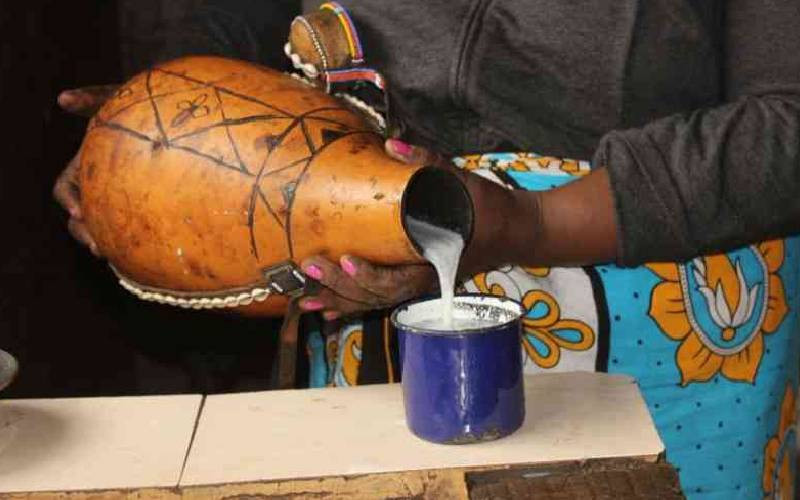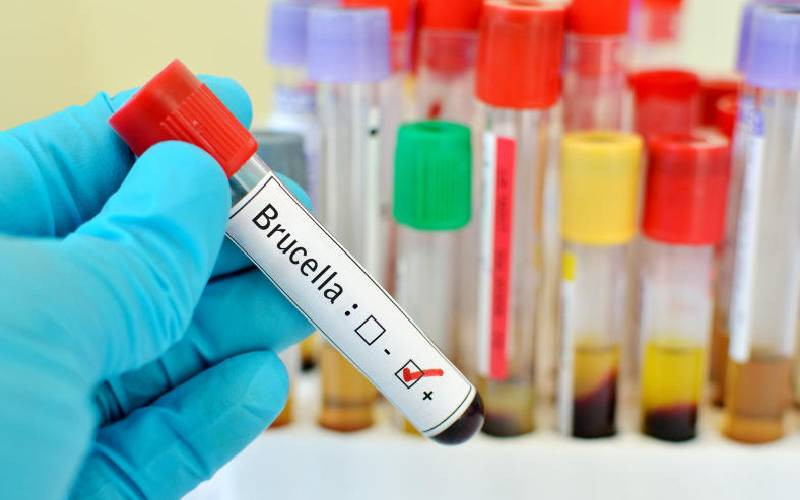By Sade Oguntola
Preliminary researches into bitter melon and pawpaw point to the fact that they may hold the cure for breast cancer and several other cancers, experts have said.
Experts looking at the effect of an extract of the exotic bitter melon fruit on breast cancer cells found that the extract halted division of the cells and triggered a type of ‘cell suicide’ where the cells make proteins that induce their own death.
The laboratory study that looked at how a concentrated extract of bitter melon affected human breast cancer cells in culture as well how exposure to bitter melon extract affected non-cancerous human cells used two types of human breast cancer cell lines, MCF-7 and MDA-MB-231. They also examined a non-cancerous human breast cell line known as HMEC cells.
In many parts of African and Asian countries, bitter melon, a common food, is used primarily to treat type 2 diabetes, infections and lower blood cholesterol level. It is said to cause a decrease in blood sugar and insulin levels. It also has high levels of immune-boosting-vitamin C. Decoction of its leaves and fruits is drunk to prevent or treat stomachache, toothache, liver diseases, diabetes and hypertension.
To prepare the bitter melon extract, the researchers liquidised bitter melons in a household juicer and centrifuged the contents to remove any solids, leaving liquid bitter melon extract.
This was added to the cells in increasing concentrations, after which cell death was measured.
They found that when cell death was measured by looking at cell membrane integrity, 80 per cent of the MCF-7 and MDA-MB-231 cancer cells had died within 48 hours of treatment with two parts BME to 100 parts cell culture medium (the liquid that covers cells in culture and provides their nutrients). At the same BME concentration, the non-cancerous HMEC cells did not die, even after five days.
Polyphenol extracts
Although promising as an anti-cancer agent, trials in animals and then humans are still needed.
At the same time, a University of Florida researcher had documented pawpaw’s dramatic anticancer effect against a broad range of lab-grown tumors, including cancers of the cervix, breast, liver, lung and pancreas. The study findings raise the possibility of future use of pawpaw extract components in immune-related conditions such as inflammation, autoimmune disease and some cancers.
Similarly, researchers believe that mangoes may equally prevent breast and colon cancers.
The new study from Texas AgriLife Research food scientists found it to prevent or stop cancer growth in certain breast and colon cell lines.
The researchers tested mango polyphenol extracts in the laboratory on colon, breast,
lung, leukemia and prostate cancers. Polyphenols are natural substances in plants and are associated with a variety of compounds known to promote good health. They found out that mango showed some impact on lung, leukemia and prostate cancers but was most effective on the most common breast and colon cancers.
According to the experts, the content of mango prevents cells that may be on the verge of mutating or being damaged from doing so.
In addition, researchers at the University of Michigan said that spices like turmeric and pepper contain compounds that have the potential to prevent breast cancer by limiting the growth of stem cells, the small number of cells that fuel a tumour’s growth.
 The Standard Group Plc is a multi-media organization with investments in media
platforms spanning newspaper print
operations, television, radio broadcasting, digital and online services. The
Standard Group is recognized as a
leading multi-media house in Kenya with a key influence in matters of national
and international interest.
The Standard Group Plc is a multi-media organization with investments in media
platforms spanning newspaper print
operations, television, radio broadcasting, digital and online services. The
Standard Group is recognized as a
leading multi-media house in Kenya with a key influence in matters of national
and international interest.











